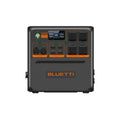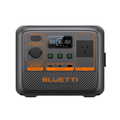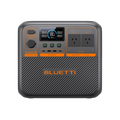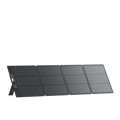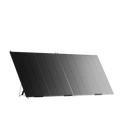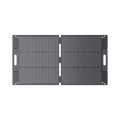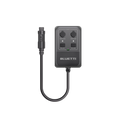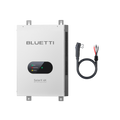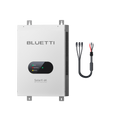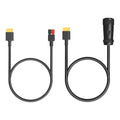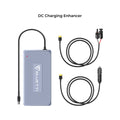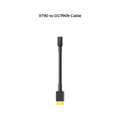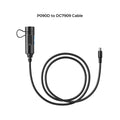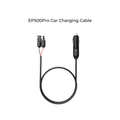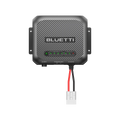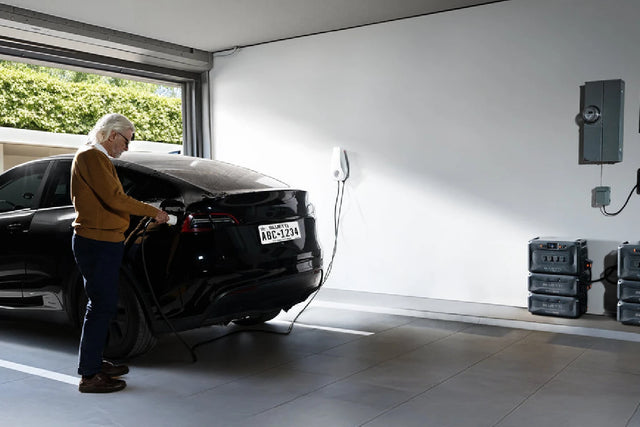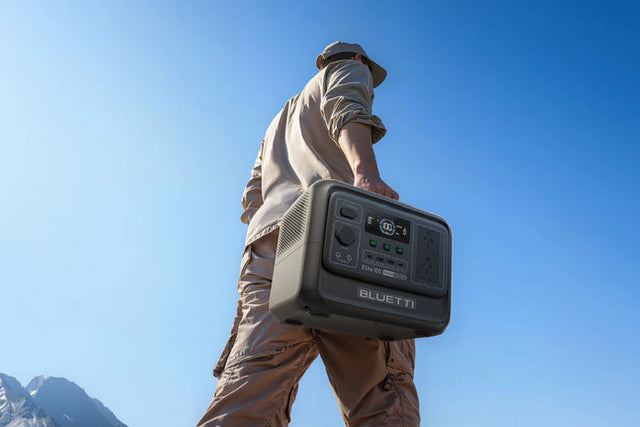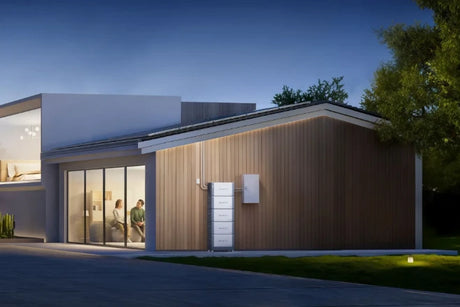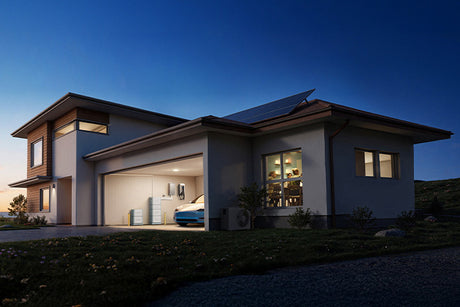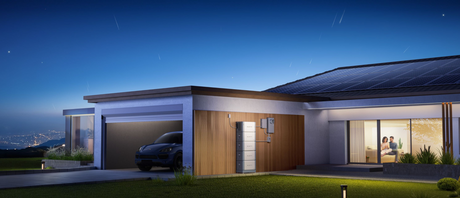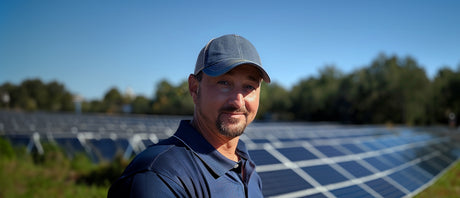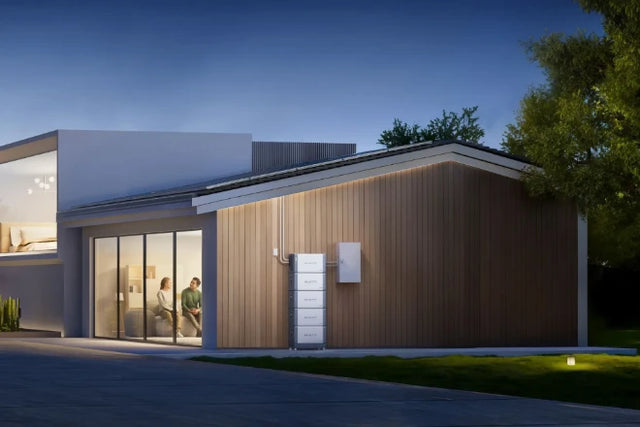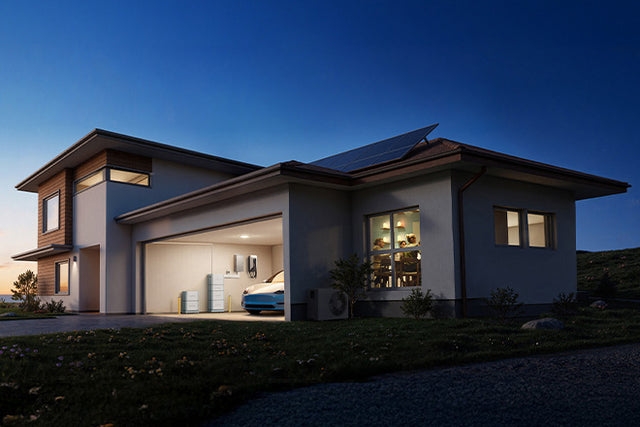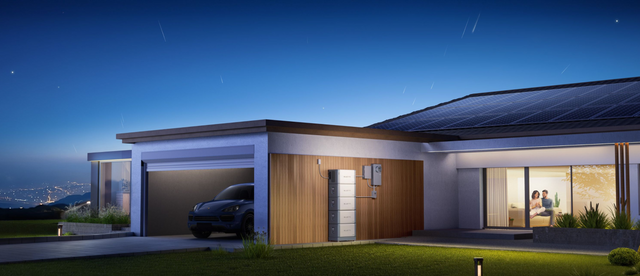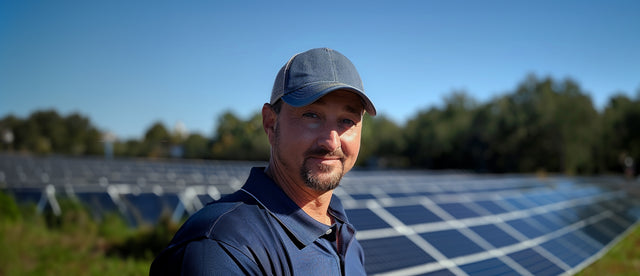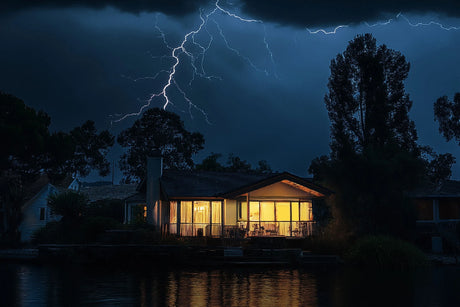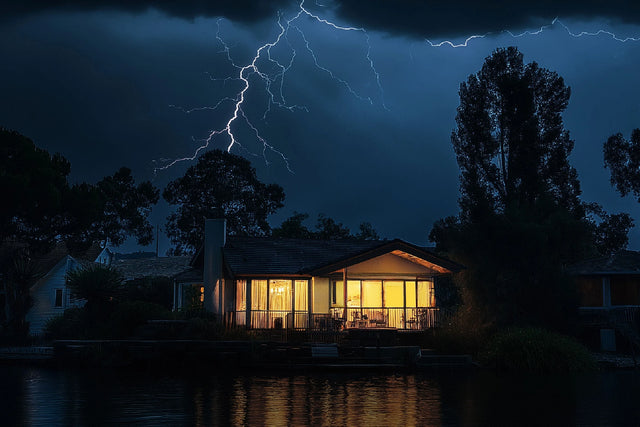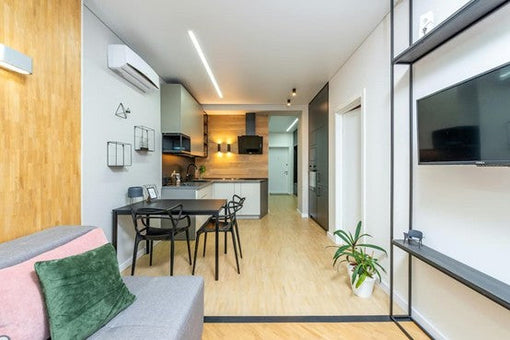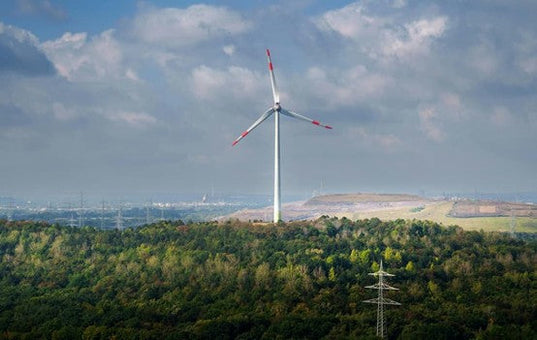Electricity is an essential part of our daily lives, powering our homes, businesses, and devices. However, with the constantly rising costs of living, finding the cheapest electricity prices is becoming more crucial than ever. In South Australia, electricity prices have been on the rise, leading consumers to search for the most affordable rates. With multiple energy providers and various tariffs to choose from, comparing the cheapest electricity prices per kilowatt-hour (kWh) can be a daunting task. In this article, we aim to provide a comprehensive comparison of the cheapest electricity prices in SA, helping consumers make an informed decision on their energy provider.
Which electricity provider is cheapest in South Australia?
When it comes to electricity prices in South Australia, consumers are always on the lookout for the cheapest energy plans. With the rising cost of living, it is important to save money wherever we can, and one of the most significant ways to do so is by reducing our electricity bills. In this article, we will compare the kilowatt-hour (kWh) prices of various electricity providers in South Australia and determine which one offers the cheapest rates.
The three electricity providers that currently offer the cheapest energy plans in South Australia are Pacific Blue, Amber, and Simply Energy. Let's take a closer look at each of these providers and their prices.
Pacific Blue offers some of the cheapest electricity prices in South Australia, with their basic plan charging only 34.89 cents per kWh. They also have a market offer that charges a slightly higher rate of 34.99 cents per kWh. However, this market offer includes a hefty discount, making it a more cost-effective option for those looking to save money on their electricity bills.
Amber is another provider that offers competitive electricity prices in South Australia. Their basic rate is 35.33 cents per kWh, and they also have a slightly higher market offer of 35.85 cents per kWh. Similar to Pacific Blue, Amber also offers a discount on their market offer, making it a more attractive option for consumers.
Simply Energy also offers affordable electricity prices in South Australia. Their basic rate is slightly higher at 37.47 cents per kWh, but they also have a discounted market offer of 35.54 cents per kWh. While their basic rate may seem higher than the other two providers, their discounted offer makes them a competitive option for those looking for cheaper electricity prices.
It is worth noting that electricity prices can vary depending on where you live in South Australia. For example, the prices mentioned above are based on the average residential rates in the Adelaide area. Energy prices can also change over time, so it is essential to regularly compare prices and switch to a better deal if necessary.
Apart from comparing kWh prices, it is also essential to look at other factors when choosing an electricity provider, such as customer service, bill payment options, and renewable energy options. Some providers may offer cheaper prices but may have poor customer service, making it a hassle to deal with any issues that may arise. Therefore, it is crucial to consider all these factors before deciding on the cheapest electricity provider in South Australia.
when it comes to electricity prices in South Australia, Pacific Blue, Amber, and Simply Energy currently offer the cheapest energy plans. However, it is essential to regularly compare prices and consider other factors before making a decision. With the rising cost of living, it is crucial to find ways to save money, and switching to a cheaper electricity provider is one of the most significant ways to do so. So, make sure to keep an eye on your electricity bills and consider switching to a better deal to save money in the long run.
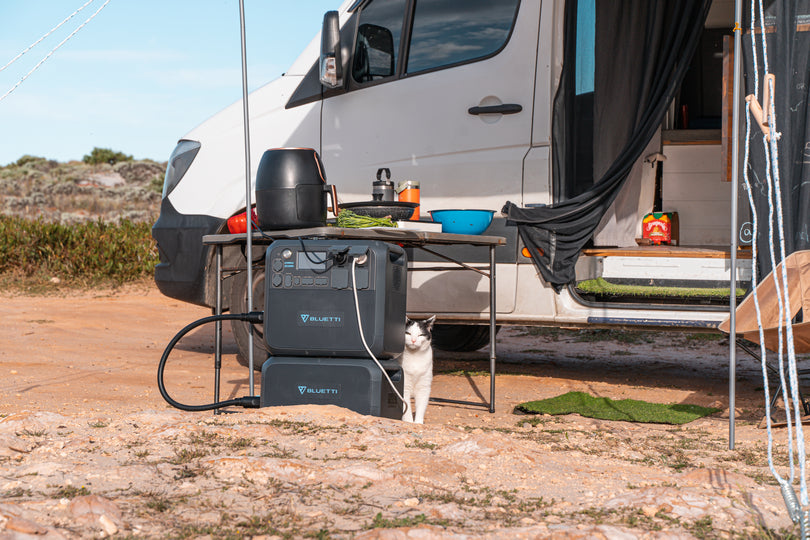
Electricity Providers in Adelaide: A Comparison of Cheapest Kwh Prices in SA
Electricity is an essential part of our daily lives, powering our homes, businesses, and industries. With the increasing cost of living, finding the cheapest electricity prices is a top priority for many consumers in Adelaide, South Australia. In this article, we will compare the kWh prices of different electricity providers in SA to help you make an informed decision.
Overview of Electricity Providers in SAThere are several electricity providers in Adelaide, and each offers different pricing plans and rates. The major providers in SA include AGL, EnergyAustralia, Origin Energy, and Simply Energy. These providers offer a mix of traditional and renewable energy options, giving consumers the choice to opt for more environmentally friendly options.
Comparison of Cheapest Kwh Prices in SATo compare the cheapest kWh prices in SA, we have selected the four major providers mentioned above and looked at their prices for residential customers. The prices are based on a single-rate tariff in the Adelaide metro area and include any discounts or incentives offered by the providers.
- AGL: AGL offers a single-rate tariff at a cost of 32.1 cents per kWh. They also have a solar feed-in tariff of 7.1 cents per kWh for customers with solar panels.
- EnergyAustralia: EnergyAustralia's single-rate tariff is slightly higher at 33.4 cents per kWh. However, they offer a solar feed-in tariff of 10 cents per kWh for customers with solar panels.
- Origin Energy: Origin Energy's single-rate tariff is 33.7 cents per kWh, and they also have a solar feed-in tariff of 7.7 cents per kWh for solar customers.
- Simply Energy: Simply Energy offers the cheapest single-rate tariff at 30.7 cents per kWh. They also have a solar feed-in tariff of 9.5 cents per kWh for solar customers.
Based on the above comparison, it is clear that Simply Energy offers the cheapest kWh prices in SA, followed by AGL, Origin Energy, and EnergyAustralia.
Factors Affecting Electricity Prices in SAThere are several factors that affect the electricity prices in SA, including the cost of production, transmission, and distribution. The type of energy sources used also plays a significant role in determining the prices. For instance, electricity generated from renewable sources is generally more expensive than electricity from traditional sources such as coal and gas.
The state government also has a role in regulating electricity prices in SA. The Essential Services Commission of South Australia (ESCOSA) sets the maximum price that electricity providers can charge for their services. Providers must also seek approval from ESCOSA before they can change their prices, ensuring that consumers are not overcharged.
When it comes to finding the cheapest kWh prices in SA, it is essential to compare different providers and their rates. While the cost of electricity is a crucial factor, it is also essential to consider the type of energy sources used and any discounts or incentives offered by providers. With this information, consumers can make an informed decision and choose the electricity provider that best suits their needs and budget.
Simply Energy offers the cheapest kWh prices in SA, followed by AGL, Origin Energy, and EnergyAustralia. However, it is crucial to keep in mind that factors such as the cost of production and government regulations can also affect electricity prices. We hope this article has provided valuable insights into the electricity market in Adelaide and helped you in your search for the cheapest kWh prices in SA.

Electricity Comparison Adelaide: Finding the Cheapest Kwh Prices in SA
When it comes to household expenses, electricity is one of the biggest bills that homeowners have to face. With rising energy costs, it's important to find the best deals and compare prices to avoid overspending. In South Australia (SA), there are various electricity providers offering different rates and plans. To help consumers make an informed decision, we have compared the cheapest electricity prices per kwh in SA.How do Electricity Prices in SA Compare to Other States?
According to the Australian Energy Market Commission's latest price comparison report, SA has some of the highest electricity prices in the country. In fact, the average annual household electricity bill in SA is $1,941, which is $305 higher than the national average. This is due to various factors such as the reliance on renewable energy, expensive network infrastructure, and the closure of coal-fired power plants.
What are the Cheapest Electricity Prices per kwh in SA?
Despite the overall high electricity prices in SA, there are still some affordable options for consumers. The cheapest electricity prices per kwh in SA can be found with some of the smaller, independent retailers. These include Energy Locals, ReAmped Energy, and Powershop. Energy Locals offer a fixed rate of 33.09 cents per kwh, while ReAmped Energy and Powershop both offer a fixed rate of 33.74 cents per kwh. These are significantly lower than the standing offer rates of the major retailers, which can go up to 44 cents per kwh.
Why Should Consumers Compare Electricity Prices?
It's important for consumers to compare electricity prices because it allows them to find the best deals and save money on their bills. Many people tend to stick with the same electricity provider for years without realizing that there may be better options available. By comparing prices, consumers can see if they are getting a good deal or if there are cheaper rates out there. This is especially important in SA, where electricity prices are already high.
How to Compare Electricity Prices in SA?
There are several ways to compare electricity prices in SA. One way is to use a price comparison website, such as Energy Made Easy or the government's Energy Watch tool. These websites allow users to enter their location and energy usage to compare prices from different retailers. Another way is to directly visit the websites of various electricity retailers and compare their rates and plans. It's also important to consider the discounts and incentives offered by different retailers, as they can significantly reduce the overall cost.
Other Factors to Consider when Comparing Electricity Prices
Aside from the price per kwh, there are other factors that consumers should consider when comparing electricity prices. These include the type of plan (fixed or variable), the length of the contract, and any additional fees or charges. For example, a fixed rate plan may offer cheaper prices, but it also means that the rate will remain the same for the duration of the contract. On the other hand, a variable rate plan may have lower initial prices, but they can increase at any time.
Final Thoughts
electricity prices in SA may be high, but there are still some affordable options available for consumers. By comparing prices and taking advantage of discounts and incentives, homeowners can save money on their electricity bills. It's also important to regularly review and compare prices, as the market is constantly changing, and there may be new deals and offers that can help lower electricity costs. Hopefully, this article has provided helpful information for those looking to find the cheapest electricity prices per kwh in SA.
Tiered Electricity Pricing in South Australia
In South Australia, electricity prices continue to rise, making it essential for consumers to compare different providers in order to find the best deal. The cost of electricity in SA is measured in kilowatt-hour (kWh), and it varies depending on the provider, plan, and usage. One of the factors that affect electricity prices in SA is the tiered electricity pricing system.The tiered electricity pricing system is a billing structure where the cost per kWh increases as the usage increases. It is a common pricing model used by many electricity providers in South Australia, including EnergyAustralia. To better understand this system, let's take a look at the example given in the table above.
EnergyAustralia's Flexi Plan
EnergyAustralia's Flexi Plan is a popular plan among South Australian households, known for its competitive prices. Under this plan, the usage rate per kWh is 47.28 cents, and the supply rate is 104.50 cents per day. These rates are 7% lower than the reference price set by the Australian Energy Regulator (AER). The reference price is the average electricity price calculated by the AER, and it serves as a benchmark for consumers to compare different plans and providers.The estimated annual cost for this plan is $2,120, which is calculated based on an average household usage of 4,500 kWh per year. However, the actual cost will vary depending on the individual's usage pattern.
The Tiered Pricing Structure
The tiered pricing structure determines how much a consumer pays for electricity based on their usage. The more electricity a consumer uses, the higher the rate they pay per kWh. This is to encourage consumers to be more mindful of their electricity usage and try to reduce their usage during peak times.How the Tiered Pricing system Works
To illustrate how the tiered pricing system works, let's assume that a household consumes 400 kWh per month. With EnergyAustralia's Flexi Plan, the first 300 kWh will be charged at 47.28 cents per kWh, and the remaining 100 kWh will be charged at a higher rate. This means that the household will pay 47.28 cents for the first 300 kWh, and an additional amount for the remaining 100 kWh.Advantages of Tiered Pricing
The tiered pricing system offers several advantages for both the consumer and the electricity provider. For consumers, it encourages them to be more energy-efficient and reduce their electricity consumption during peak times. This not only helps to lower their electricity bills but also benefits the environment by reducing the strain on the power grid.For electricity providers, the tiered pricing system helps to balance the demand for electricity. By charging a higher rate for peak usage, providers can reduce the strain on the power grid and avoid power outages. It also encourages consumers to shift their usage to off-peak times, which can help to lower the overall cost of electricity production.
Comparing Tiered Pricing with Flat Rate Pricing
In contrast to tiered pricing, flat rate pricing offers a fixed price per kWh regardless of the consumer's usage. While this may seem simpler, it does not take into account the peak demand for electricity. This means that consumers may end up paying more during peak times, resulting in a higher overall cost. In South Australia, tiered pricing is a common electricity pricing model used by many providers. It offers a fair structure where consumers are rewarded for being more energy-efficient, and it helps to balance the demand for electricity. However, it is crucial for consumers to compare different plans and providers to find the best deal for their individual needs. By understanding how the tiered pricing system works, consumers can make informed decisions and potentially save money on their electricity bills.
Questions to Ask Your Energy Provider
When it comes to finding the cheapest electricity prices in South Africa, it's important to do your research and ask the right questions. With numerous energy providers in the market, it can be overwhelming to choose the best option for your household or business. To help you make an informed decision, here are some important questions to ask your energy provider:
1. What are your electricity rates?
It's essential to know the electricity rates offered by your energy provider. This will help you compare prices and determine the cheapest option for you. Some providers may offer a fixed rate, while others may have variable rates that change based on market conditions. Make sure to also inquire about any additional fees or charges that may be included in your bill.
2. What is the contract length?
Many energy providers offer contracts with a fixed term, usually ranging from 6 months to 2 years. It's important to understand the terms and conditions of the contract, as well as any early termination fees that may apply. This will help you avoid any surprises and make an informed decision about signing a contract.
3. Are there any discounts or promotions available?
Some energy providers may offer discounts or promotions for new customers or for signing up for certain plans. It's worth asking about any potential discounts to help lower your electricity costs. Additionally, inquire about any loyalty programs that may offer rewards or benefits for staying with the same energy provider.
4. Do you offer renewable energy options?
In today's world, many people are becoming more conscious about their impact on the environment. If you are one of them, it's important to ask your energy provider about their renewable energy options. This could include using solar or wind energy, which may not only be more environmentally friendly but also potentially reduce your electricity costs in the long run.
5. How do you handle customer service and complaints?
In case of any issues or concerns, it's important to know how your energy provider handles customer service and complaints. Are they available 24/7? Do they have a dedicated customer service team? Do they have a process in place for addressing and resolving complaints? Knowing these things can give you peace of mind and help you choose a reliable and responsive energy provider.
6. Is there a way to track my energy usage and costs?
Understanding your energy usage and costs can help you make more informed decisions about your electricity consumption. Ask your energy provider if they offer tools or resources that allow you to track your energy usage and costs, such as online portals or mobile apps. This can help you identify areas where you can save on electricity and potentially lower your bills.
7. Are there any additional services or benefits included?
Some energy providers may offer additional services or benefits, such as energy efficiency audits, smart meter installations, or energy management tools. These can be helpful in managing your electricity usage and potentially reducing your costs. Inquire about any additional services or benefits that may be available to you.
8. What are your payment options?
Lastly, it's important to ask your energy provider about their payment options. Do they offer automatic payments or online bill pay? Is there a penalty for late payments? Understanding the payment options and policies can help you plan and manage your electricity costs effectively.
By asking these questions, you can gather all the necessary information to make an informed decision about your energy provider. Remember to also read and understand the terms of any contract before signing. With the right knowledge and research, you can find the cheapest electricity prices in South Africa and save money on your energy bills.
Who is the Best Energy Provider in Australia?
When it comes to the cost of electricity in Australia, it is no secret that prices have been on the rise in recent years. This has left many consumers searching for the best energy provider that can offer them the most competitive and affordable electricity prices. The most common metric used to compare electricity prices is the cost per kilowatt-hour (kWh), as it provides a standard unit of measurement that allows for easy comparison between different energy providers. In this article, we will take a closer look at the cheapest electricity prices kWh comparison in South Australia (SA), one of the leading states in terms of renewable energy production and progressive energy policies.
Understanding Electricity Prices in SA
Before we dive into the comparison of electricity prices, it is essential to understand how electricity prices are calculated in SA. In this state, the electricity market is regulated by the Australian Energy Regulator (AER), which sets the maximum prices that energy retailers can charge for their services. However, these prices are usually higher than the actual cost of producing electricity, as they also include other costs such as network charges, government schemes, and retailer margins. This means that energy providers can offer lower prices than the regulated maximum, making it essential for consumers to compare prices and switch to a more affordable energy provider.
The Cheapest Electricity Prices kWh Comparison in SA
In SA, there are currently over 30 energy retailers, each offering different electricity prices and plans. This can make it quite challenging for consumers to find the best energy provider. However, based on recent data from the AER, we can determine the cheapest electricity prices kWh comparison in SA. According to this data, the top three cheapest energy providers in SA are Alinta Energy, Powershop, and AGL. These retailers offer electricity prices of 17.46c/kWh, 17.49c/kWh, and 17.70c/kWh, respectively.
Alinta Energy - The Cheapest Energy Provider in SA
Based on the data from the AER, Alinta Energy emerges as the cheapest energy provider in SA. This retailer offers a range of electricity plans, including the HomeDeal plan, which provides customers with a fixed-rate electricity price for 12 months. This means that consumers can lock in the low electricity price of 17.46c/kWh for a year, giving them peace of mind and potential savings on their electricity bills. Additionally, Alinta Energy also offers discounts for paying on time and having both gas and electricity services with them, making it even more affordable for customers.
Powershop - The Most Innovative Energy Provider in SA
Although Powershop's electricity prices are slightly higher than Alinta Energy, this retailer has been recognized as the most innovative energy provider in SA. Powershop offers customers a unique pay-as-you-go model, where they can purchase electricity through an app, website, or their Energy Packs. This allows consumers to have greater control over their energy usage and potentially save money on their bills. Additionally, Powershop also has a range of renewable energy plans, making it an attractive option for those looking to support clean energy production.
AGL - A Solid and Reliable Choice
Despite not being the cheapest energy provider in SA, AGL is still a solid and reliable choice for consumers. AGL offers competitive electricity prices, and customers can also benefit from discounts for paying on time and bundling their gas and electricity services. Additionally, AGL has a range of renewable energy plans and supports various initiatives for sustainability and energy efficiency.
based on the cheapest electricity prices kWh comparison in SA, Alinta Energy emerges as the top choice for consumers looking for affordable electricity prices. However, it is crucial for consumers to consider other factors such as discounts, customer service, and renewable energy options when choosing an energy provider. With the current state of rising electricity prices, it is essential for consumers to regularly compare prices and switch to a more affordable energy provider to save money on their electricity bills. So, if you want to find the best energy provider in Australia, don't forget to consider the cheapest electricity prices kWh comparison in SA and make an informed decision.
1. How does the average electricity price per kWh in South Africa compare to other countries?
In order to compare the average electricity price per kWh in South Africa to other countries, we need to look at the data provided by reliable sources. According to the World Bank, the average electricity price per kWh in South Africa was 0.137 USD in 2020. This is relatively low compared to other countries such as the United States (0.134 USD), United Kingdom (0.221 USD), and Germany (0.318 USD). However, it is higher than some developing countries like India (0.09 USD) and Brazil (0.129 USD). It is important to note that the electricity price per kWh can vary greatly within a country, depending on factors such as location and type of energy source. South Africa's electricity prices seem to be on par with other developing countries, but still lower than most developed countries.
2. Are there any specific regions in South Africa that have lower electricity prices than others?
There are definitely some regions in South Africa that have lower electricity prices than others. One example is the Western Cape province, where the average electricity price per kilowatt-hour (kWh) is significantly lower compared to other provinces. This is due to the presence of the Koeberg nuclear power station, which provides a lower cost source of electricity for the region. Additionally, areas that have access to renewable energy sources such as solar and wind tend to have lower electricity prices. For instance, in the Northern Cape province, which is known for its abundant solar energy, the electricity price per kWh is noticeably lower than other regions. On the other hand, urban areas like Johannesburg and Pretoria have higher electricity prices due to higher demand and infrastructure costs. These regional differences in electricity prices highlight the importance of utilizing renewable energy sources and promoting energy efficiency measures to help reduce electricity costs for consumers.
3. How are electricity prices determined in South Africa and what factors contribute to price fluctuations?
In South Africa, electricity prices are determined by the National Energy Regulator of South Africa (NERSA). NERSA is responsible for setting the tariffs for different electricity providers, such as Eskom, the state-owned power utility, and private electricity distributors. These tariffs are then reviewed every year to reflect changes in the cost of generating and distributing electricity.
There are several factors that contribute to electricity price fluctuations in South Africa. One of the main factors is the cost of fuel used to generate electricity. This includes the price of coal, gas, and diesel, which can vary depending on global market conditions.
Another factor is the cost of infrastructure and maintenance. South Africa's aging electricity infrastructure requires significant investment and maintenance, which can impact electricity prices.
The demand for electricity also plays a role in price fluctuations. During times of high demand, such as the winter months, electricity prices may increase due to the strain on the grid.
Political and economic factors can also influence electricity prices in South Africa. For example, changes in government policies or economic conditions may impact the cost of producing and distributing electricity.
a combination of these factors, along with the decisions made by NERSA, contribute to the determination and fluctuations of electricity prices in South Africa.
4. Are there any government initiatives or policies in place to help lower electricity prices in South Africa?
There are several government initiatives and policies in place to help lower electricity prices in South Africa. One of these initiatives is the Integrated Resource Plan (IRP), which was introduced in 2011 to guide the development of the country's energy sector and ensure a secure and sustainable supply of electricity. The IRP includes targets for renewable energy sources, which are generally cheaper and more sustainable than traditional fossil fuels. Additionally, the government has implemented the Renewable Energy Independent Power Producer Procurement Programme (REIPPPP), which has successfully attracted private sector investment in renewable energy projects, resulting in lower electricity prices.
Another key policy is the National Energy Regulator of South Africa's (NERSA) tariff methodology, which regulates the prices charged by electricity utility companies. NERSA aims to balance the interests of both consumers and electricity providers, ensuring fair and reasonable prices for electricity. The government has also introduced subsidies and financial assistance programs for low-income households to reduce their electricity costs. This includes the Free Basic Electricity (FBE) policy, which provides free electricity to households that consume less than a certain amount per month. These initiatives and policies demonstrate the government's commitment to addressing the issue of high electricity prices and promoting affordable and sustainable energy for all South Africans.5. Are there any alternative energy options that may offer cheaper electricity prices in South Africa, such as solar or wind power?
Yes, there are alternative energy options that may offer cheaper electricity prices in South Africa, such as solar and wind power.
South Africa has abundant natural resources, including ample sunshine and strong winds, making it an ideal location for renewable energy production. In recent years, there has been a significant increase in the use of solar and wind power in the country.
Solar power, in particular, has been gaining popularity due to its decreasing cost and increasing efficiency. The installation of solar panels can significantly reduce electricity bills for households and businesses. In fact, according to the South African Solar Energy Industry Association, the cost of solar energy has decreased by over 70% in the past decade.
Wind power is another promising alternative energy option in South Africa. The country has vast wind resources, especially along the coastline, which can be harnessed to generate electricity. The prices of wind energy have also been decreasing, making it a competitive option for electricity production.
Furthermore, the South African government has been actively supporting the development of renewable energy through various initiatives and incentives. This has led to an increase in investment in the renewable energy sector, driving down prices and making alternative energy a viable and affordable option for consumers.
with the decreasing prices of solar and wind power and the government's support for renewable energy, it is evident that these alternative options can offer cheaper electricity prices in South Africa.
comparing electricity prices and consumption in South Australia can be a complex and overwhelming task. With so many factors to consider, such as location, type of energy plan, and time of usage, it is important for consumers to do their research and compare different providers to find the best deal for their individual needs.
While it may seem like a daunting task, taking the time to shop around and compare prices can ultimately lead to significant savings on your electricity bill. It is also important to consider the environmental impact of your energy consumption and opt for green energy plans if possible.
In addition, it is important to be mindful of your energy usage and implement habits that can help reduce your electricity consumption, such as turning off lights and appliances when not in use and investing in energy-efficient appliances.
At the end of the day, the cheapest electricity prices may not always be the best option for you. It is important to also consider the quality of service provided by the energy provider, as well as any additional fees or charges that may be hidden in the fine print.
By comparing prices, being mindful of your energy usage, and making informed decisions, you can find the best electricity plan for your household and save money in the long run. So don't wait any longer, start comparing electricity prices today and take control of your energy consumption.


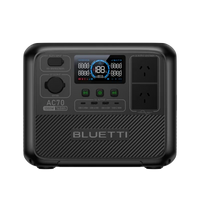

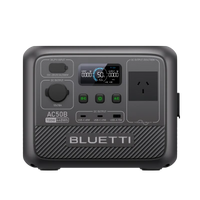

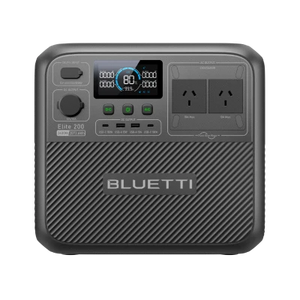
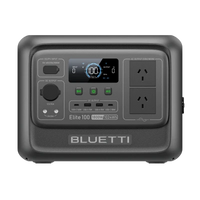
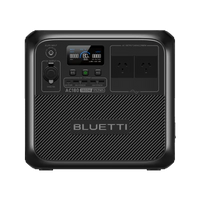
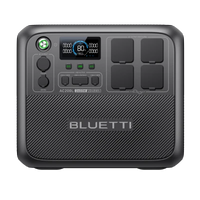
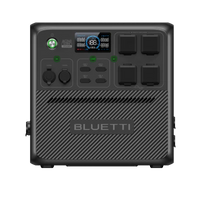
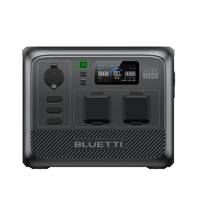
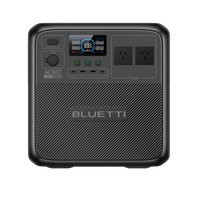


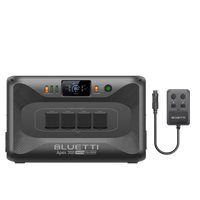

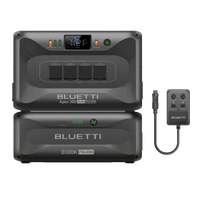
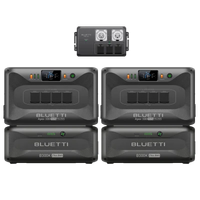
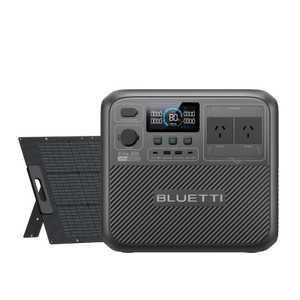
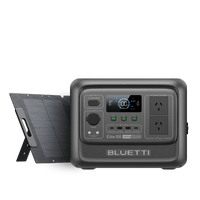
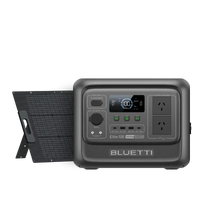
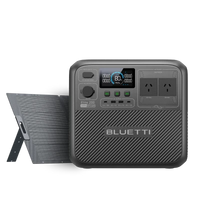
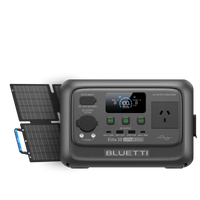
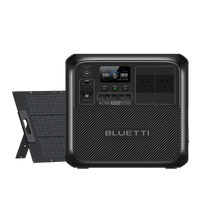
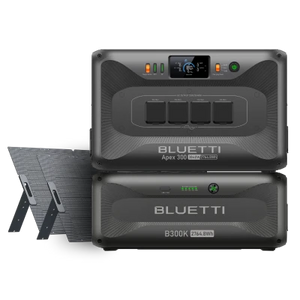



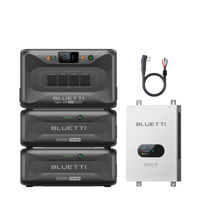


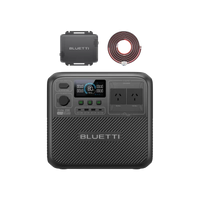
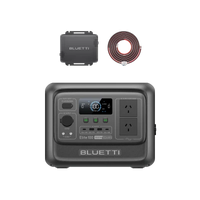

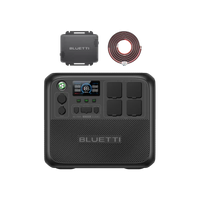
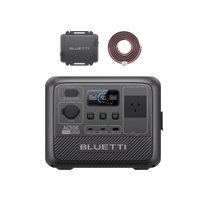
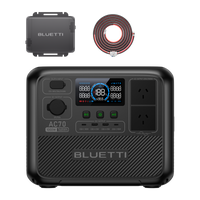



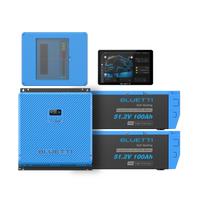
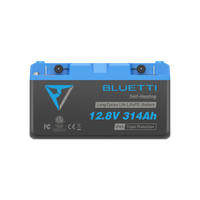
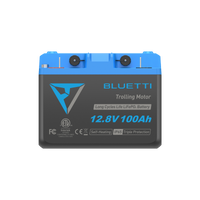
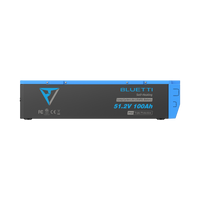

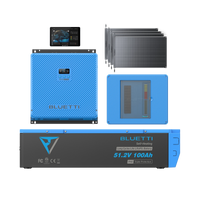
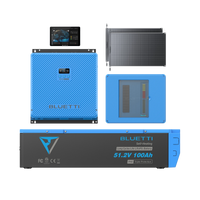
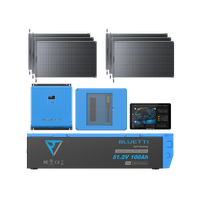





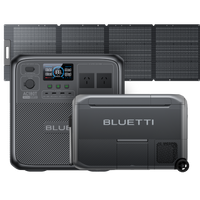
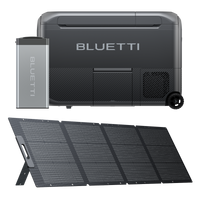







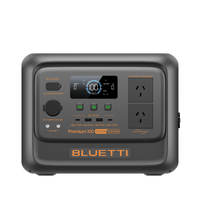
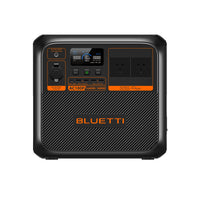

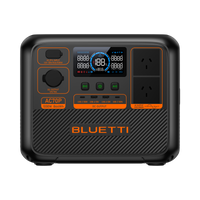
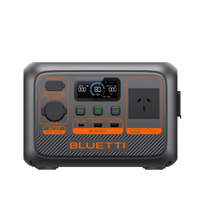

![[Phased Out] BLUETTI B80P Expansion Battery | 806Wh](http://www.bluettipower.com.au/cdn/shop/files/202310025B80P_2000-2000px_4_4caa0c1c-4dab-4272-9e9b-2b7507e5bd81.jpg?v=1713777870&width=200)
![[Phased Out] BLUETTI B210P Expansion Battery | 2,150Wh](http://www.bluettipower.com.au/cdn/shop/files/2_08cf9ef3-03a4-4489-b641-d3edb8094896.webp?v=1716016566&width=200)
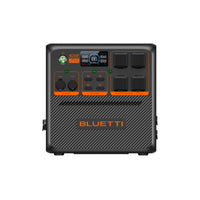
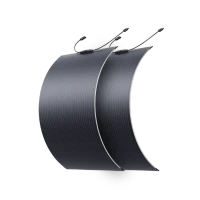
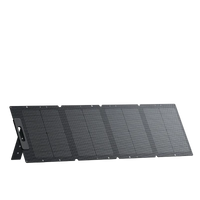
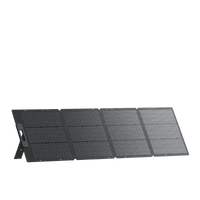
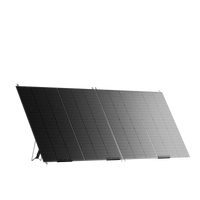

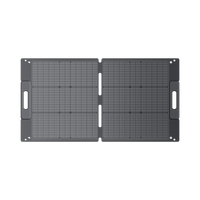

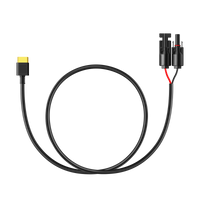
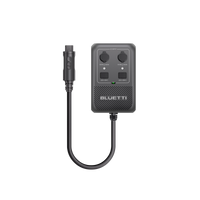
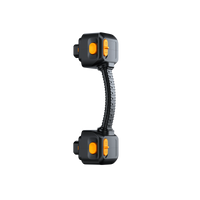


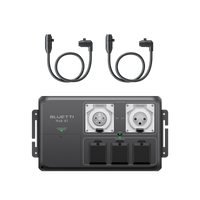
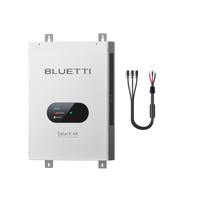
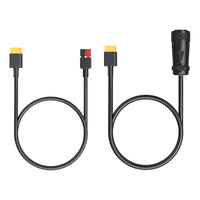
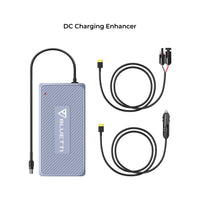

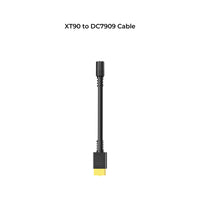
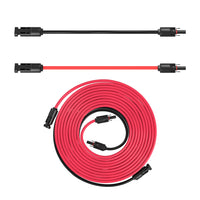
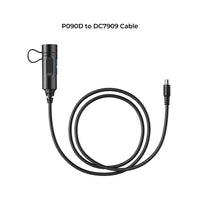
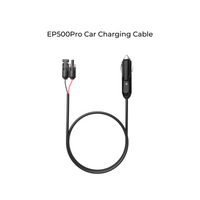
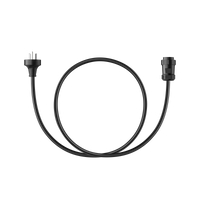
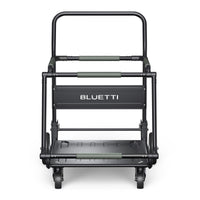

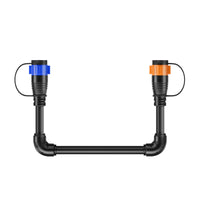



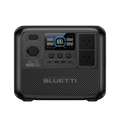
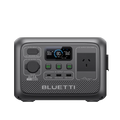
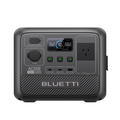


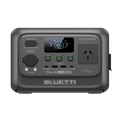
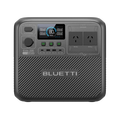
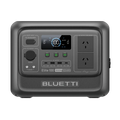


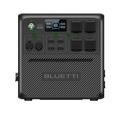
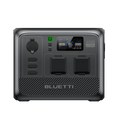
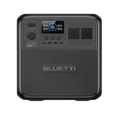




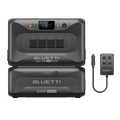
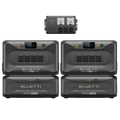




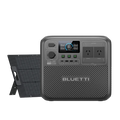
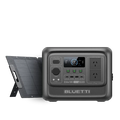
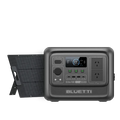
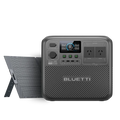
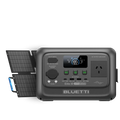
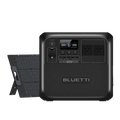
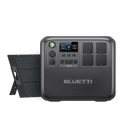
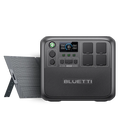




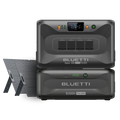

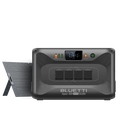
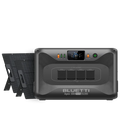
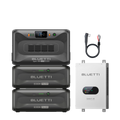







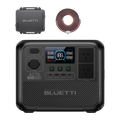





















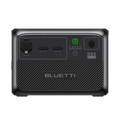



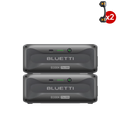
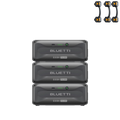




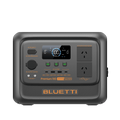
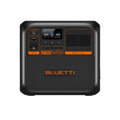


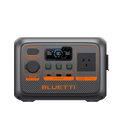

![[Phased Out] BLUETTI B80P Expansion Battery | 806Wh](http://www.bluettipower.com.au/cdn/shop/files/202310025B80P_2000-2000px_4_4caa0c1c-4dab-4272-9e9b-2b7507e5bd81.jpg?v=1713777870&width=120)
![[Phased Out] BLUETTI B210P Expansion Battery | 2,150Wh](http://www.bluettipower.com.au/cdn/shop/files/2_08cf9ef3-03a4-4489-b641-d3edb8094896.webp?v=1716016566&width=120)
